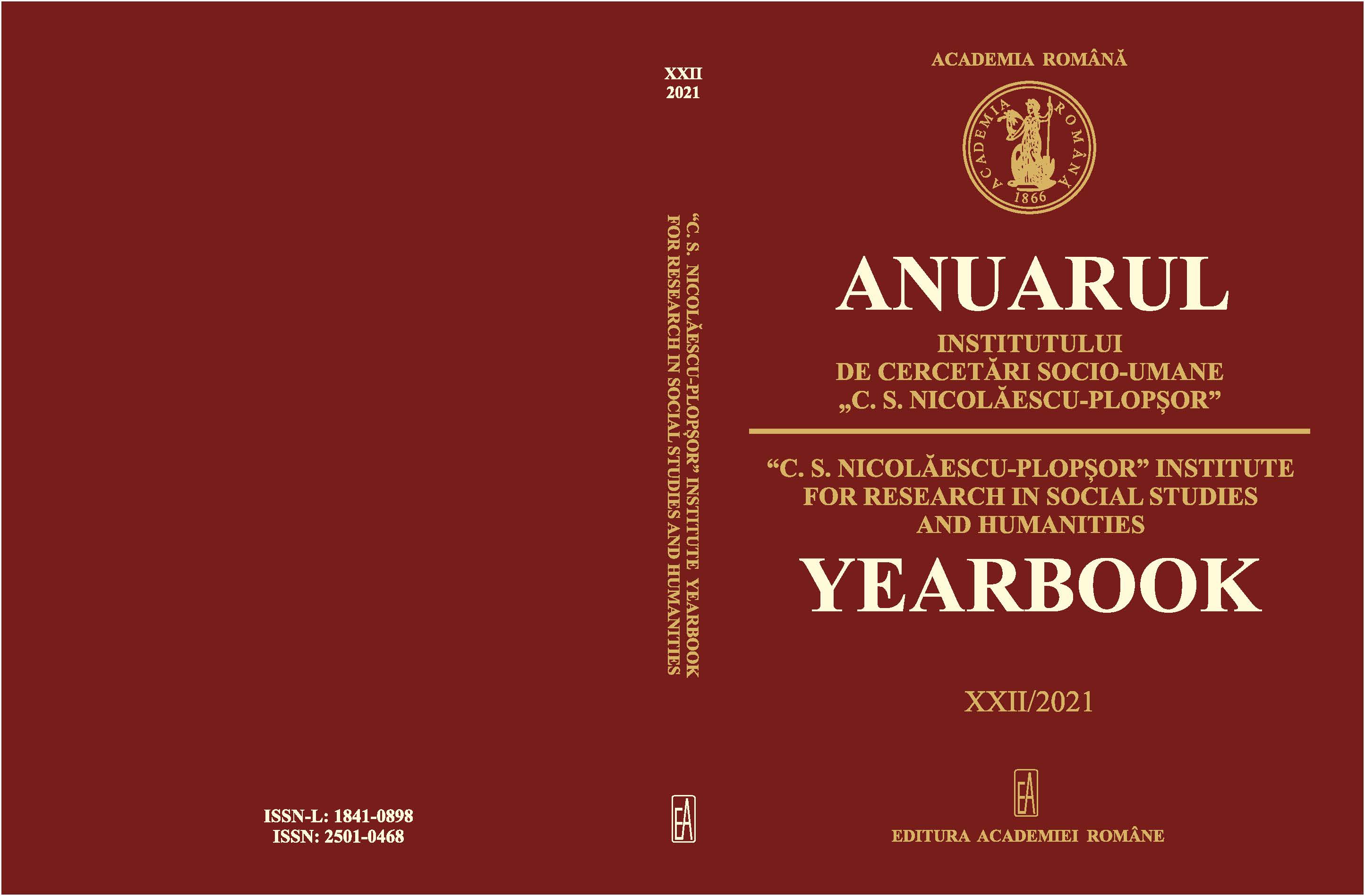THE NATURAL PERSON’S ANTICIPATED FULL CAPACITY OF EXERCISE AS PROVIDED BY THE CIVIL CODE
THE NATURAL PERSON’S ANTICIPATED FULL CAPACITY OF EXERCISE AS PROVIDED BY THE CIVIL CODE
Author(s): Sevastian CercelSubject(s): Law, Constitution, Jurisprudence, History of Law, Civil Law
Published by: Editura Academiei Române
Keywords: civil capacity; anticipated full capacity of exercise; marriage of the minor; solid grounds;
Summary/Abstract: In the system of the 1864 Civil Code, the emancipated minor acquired a limited capacity, and the emancipation was a period of transition between full incapacity and full freedom. The 1954 system maintains “implied emancipation”, but removes the term reminding of the past and allows only women to marry before turning 18. In addition, through the “limited” capacity of exercise, minors aged 14–18, regardless of sex, acquire an “intermediate” capacity. In search of a balance between tradition and modernity, the current system maintains “implied emancipation”, preserves the “antechamber”of full capacity and restores “express emancipation”. Two hypotheses are regulated, i.e.when a natural person can acquire full capacity of exercise before turning 18: the conclusion of a valid marriage and judicial recognition. In both cases, the minimum age required is 16 years and specific “solid grounds” must be proved
Journal: Anuarul Institutului de Cercetări Socio-Umane „C.S. Nicolăescu-Plopșor”
- Issue Year: 2021
- Issue No: XXII
- Page Range: 105-127
- Page Count: 23
- Language: English

